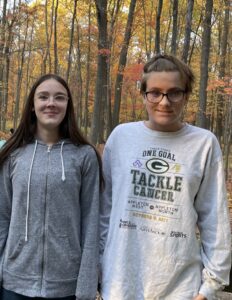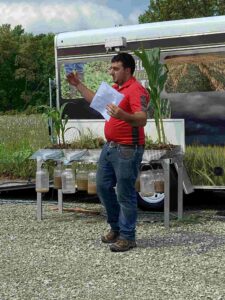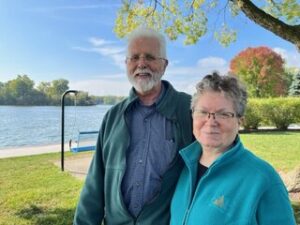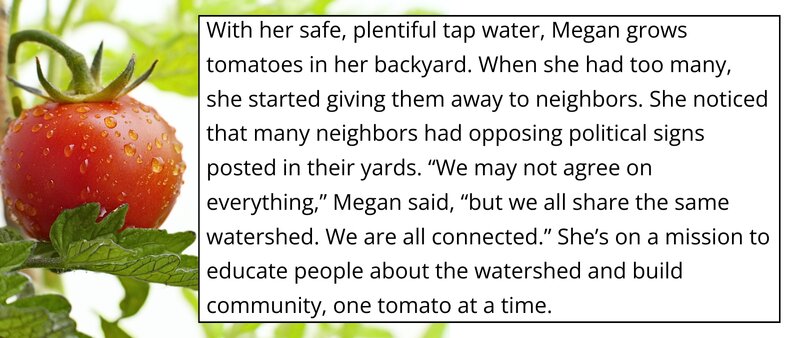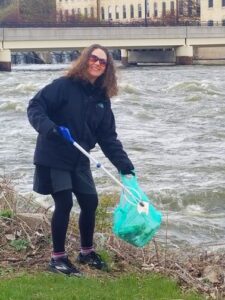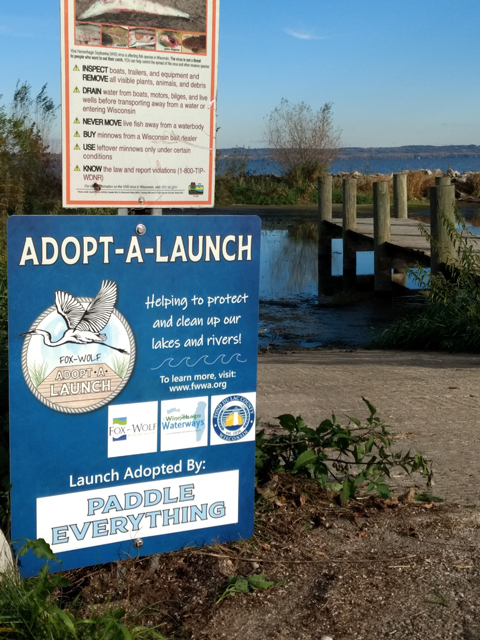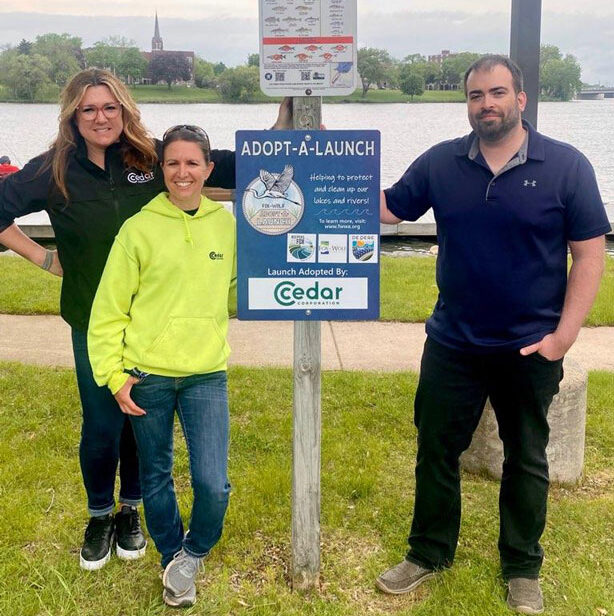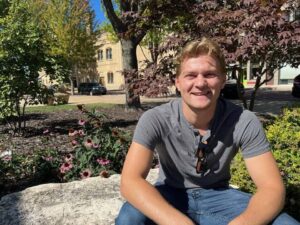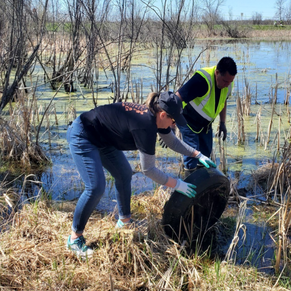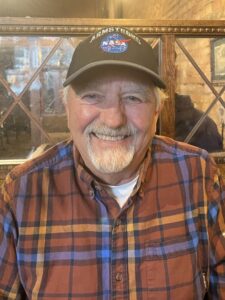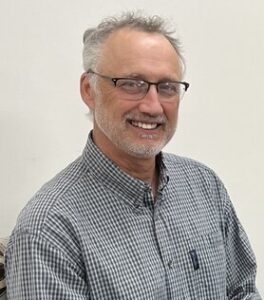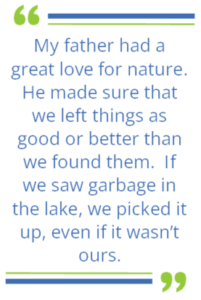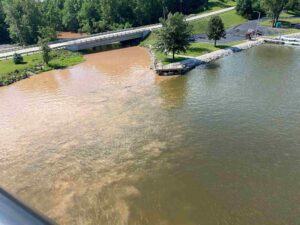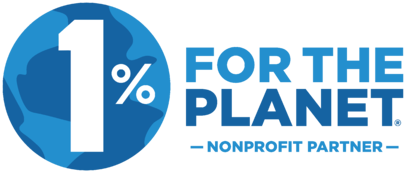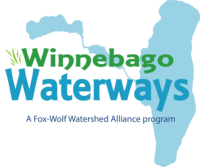Watershed Moments: Not a Punch Line

Rob Riley windsurfs on Lake Winnebago.
Rob Riley knows how to have fun on the water. From paddle boarding to sailing, white water canoeing to windsurfing, he’s no stranger to lake recreation. But when he first moved to the Fox Valley, he was a stranger to water quality concerns on Lake Winnebago.
“You can’t really miss the problem,” Rob said. “It limits your ability to participate in activities. There are days I think: I’m not going in there; it’s looking pretty green.”
It hit him in a new way when he was at a concert at Waterfest. The emcee on stage made a joke about Lake Winnebago and the green water, and everyone laughed. “I couldn’t believe it,” Rob said. “That’s not a punch line; that’s our drinking water! Are we really going to just accept that this is the way it is?”
For Rob, the answer is a resounding no. “It became a personal mission,” he said. “This is what I want to be about.”
Because Rob is an entrepreneur who owns his own business, he was able to expand his capacity for change through his company. Motto, Inc., located in Appleton, got its start selling skateboard grip tape. He experimented with having specific items that supported specific causes. “If we printed a wolf image on the tape, some proceeds would go toward wolf protection,” Rob explained. Given that a core market for him was young skateboarders, his customers weren’t really into the same causes Rob was trying to promote.
A few more experiments later, and the idea has grown. “Now it’s more about the mission of the whole company,” Rob said. “We do different things, we branch out into new products, because it funds what we want to do. It’s what drives us.”
Because Motto, Inc. is a small business, having a focus on environmental mission has a big impact on the staff. One of the newest hires has a background in environmental science and will be working to connect staff to local opportunities.
“Mainly we do this through Fox-Wolf,” Rob said. In 2023, the staff participated together on volunteer projects, including native seed planting and the annual Fox-Wolf Watershed Cleanup.
Thanks to Rob, Motto, Inc. is the first business to become a Lifetime Member of Fox-Wolf Watershed Alliance. And while he invested in Fox-Wolf as a way to create a sense of mission for his team, his business has benefited as well.
“Environmental sustainability registers in the marketplace,” he explained. “We speak to it all the time, and people value that.” Beyond sales and promotion, “it has also helped me hire more conscientious employees,” Rob added.
Ultimately, Rob really wants to see our waters stop getting worse and start getting better. “I hope that people will start to have gratitude for our water,” he said, “and will live accordingly.”
Watershed Moments is a publication of Fox-Wolf Watershed Alliance, sharing the stories of how your donations have impacted lives in our community. Read our latest project updates, make a secure online donation, or become a member at www.fwwa.org
The post Watershed Moments: Not a Punch Line appeared first on Fox-Wolf Watershed Alliance.
Fox-Wolf Watershed Alliance
https://fwwa.org/2024/04/16/watershed-moments-not-a-punch-line/?utm_source=rss&utm_medium=rss&utm_campaign=watershed-moments-not-a-punch-line

